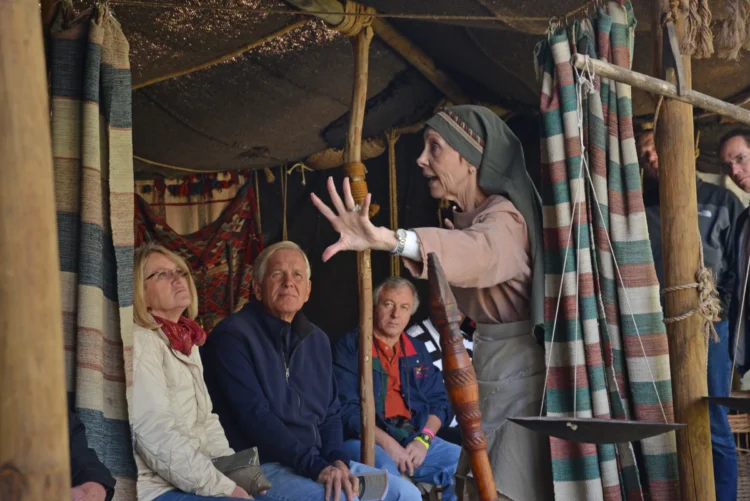
Do you suffer from a spiritual inferiority complex? Many Christians believe, either consciously or subconsciously, that there is a vocational pecking order in the Kingdom, with ministers and missionaries at the top and other jobs and careers falling somewhere below. Many of us have listened to the testimony of a foreign missionary or heard about someone’s calling to full-time ministry and thought, “Wow! That is someone who is really dedicated to the Lord! I wish I could be that important in the Kingdom, but I just don’t think I’m cut out for that.” We feel pangs of guilt as we wonder if we’re being selfish for not committing ourselves to vocational ministry, and we tend to see our lives as divided into two categories: the “spiritual” – going to church, tithing, praying, volunteering, and the occasional mission trip – and everything else, which is somehow inferior in God’s eyes.
However, this point of view, although very common, is unbiblical and unhealthy. First, God’s Kingdom is not limited to what happens inside churches and mission organizations. Christ came to redeem all creation (Rom. 8:19-25), and he taught us to pray for God’s will to be done “on Earth as it is in heaven” (Matt. 6:10). God’s presence is no longer confined to the temple; the Holy Spirit resides in us (John 14:26; Rom. 8:11). God calls us to build the Kingdom everywhere – at home, at church, at work, at school, wherever we find ourselves. We can be Kingdom builders in every aspect of our lives, not just when we are engaged in what the world thinks of as “ministry.” As Paul says, Christ has given every one of us the “ministry of reconciliation” to help God reconcile the whole world to Himself (2 Cor. 5:18-19).
Second, because God intends to redeem all of creation, He needs workers advancing His Kingdom in every type of organization, not just churches and missions. Throughout the New Testament we see examples of servants who were not full-time ministers but were vital to the early Church. Paul worked to support himself and called other Christians to do the same (2 Thess. 3:6-12). Businesspeople like Lydia (Acts 16:14) and Aquila (Acts 18:2-3) were instrumental in growing the early church. Yes, part of the importance of work in these instances is that it provides money and resources to support the church and ministry. But the fact is that the people and places that truly need redemption and reconciliation are “out there,” not at church. Every day we go to work or to school or to the grocery store is an opportunity to influence the culture for Christ, not in the safe confines of a Christian enclave, but on the front lines of God’s redemptive work.
Finally, God has given us each different talents and abilities, and we can glorify him by using those gifts productively, whether that is in the vocational ministry or another career. From the beginning God created us to work (Gen. 1:28); as beings made in the image of God, we are meant to practice creativity and stewardship on the physical creation God has entrusted to us. Furthermore, Paul reminds us that all of our different abilities are necessary to the Kingdom, just as one body has many parts (Rom. 13:4-8), and no part is more worthy than another (1 Cor. 12:21-26). In God’s sovereign design, He has purposefully given us different gifts and motivations so that together we can help carry out His plan to reconcile the world to Himself.
So don’t fall prey to the spiritual inferiority complex. The truth is, we all have a “higher calling” to fulfill the roles God has designed for us in His redemptive plan!
Dr. Todd Weaver, Professor and Department Chair of Business
Pray that the students, faculty and staff of Point University will approach their work today as an opportunity to use their different gifts for the same ultimate purpose: to glorify God and reconcile all creation to Him.


